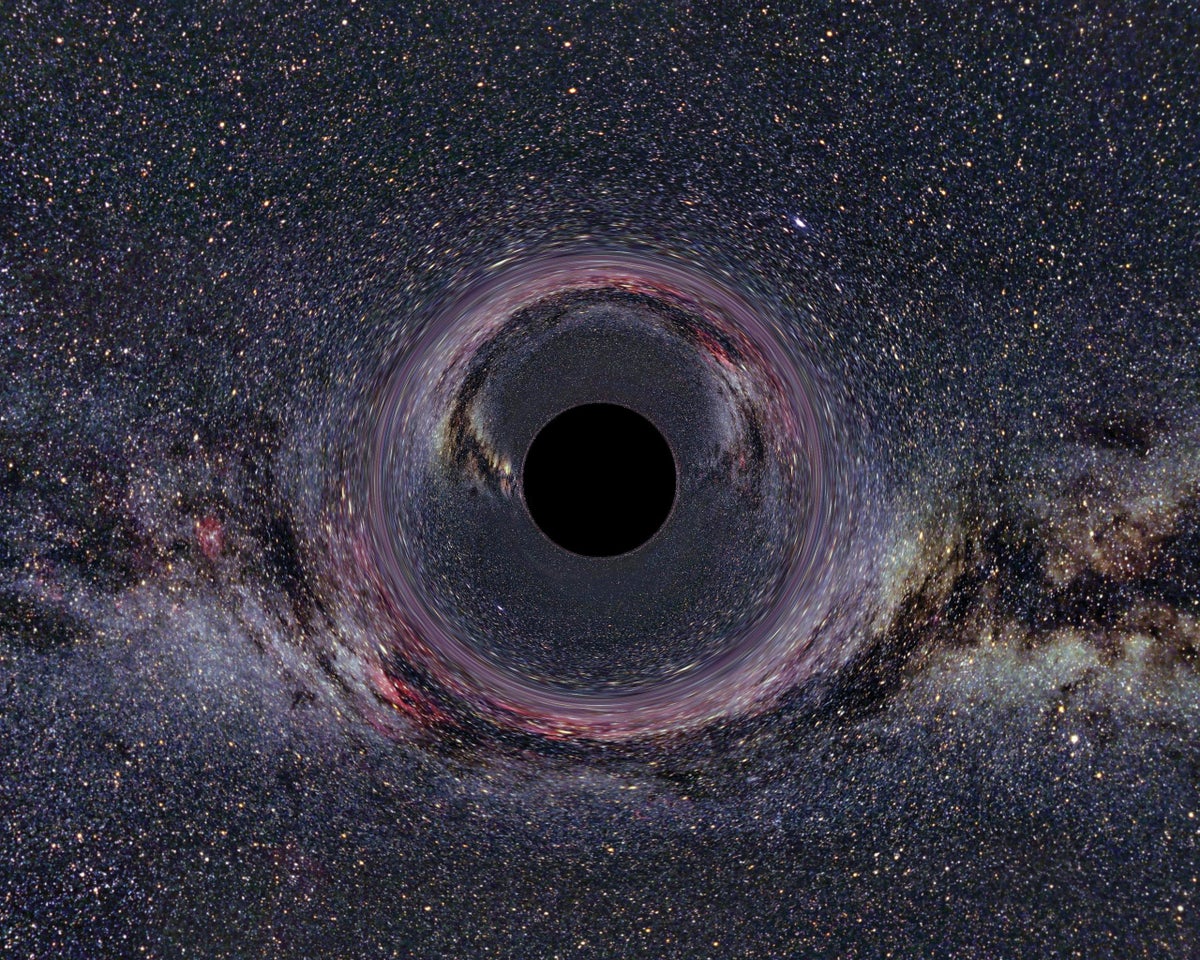- cross-posted to:
- space@lemmy.world
- cross-posted to:
- space@lemmy.world
Black holes the size of an atom that contain the mass of an asteroid may fly through the inner solar system about once a decade, scientists say. Theoretically created just after the big bang, these examples of so-called primordial black holes could explain the missing dark matter thought to dominate our universe. And if they sneak by the moon or Mars, scientists should be able to detect them, a new study shows.



Passing near the earth, we’d get some strange tides. Passing through the earth, it would eat earth.
Nonsense. The event horizon on such things is incredibly small, as is the mass vs. that of Earth.
You don’t need the event horizon, you just need local gravity around 1G. For the masses described in the article, that radius is from hundreds of meters to 10s of kilometers.
Which still wouldn’t do what you suggest. The mass is the same, so it has the same effect from a distance. Unless by “eat earth” you meant it would take in dirt until it suck to the core, still about the same mass.